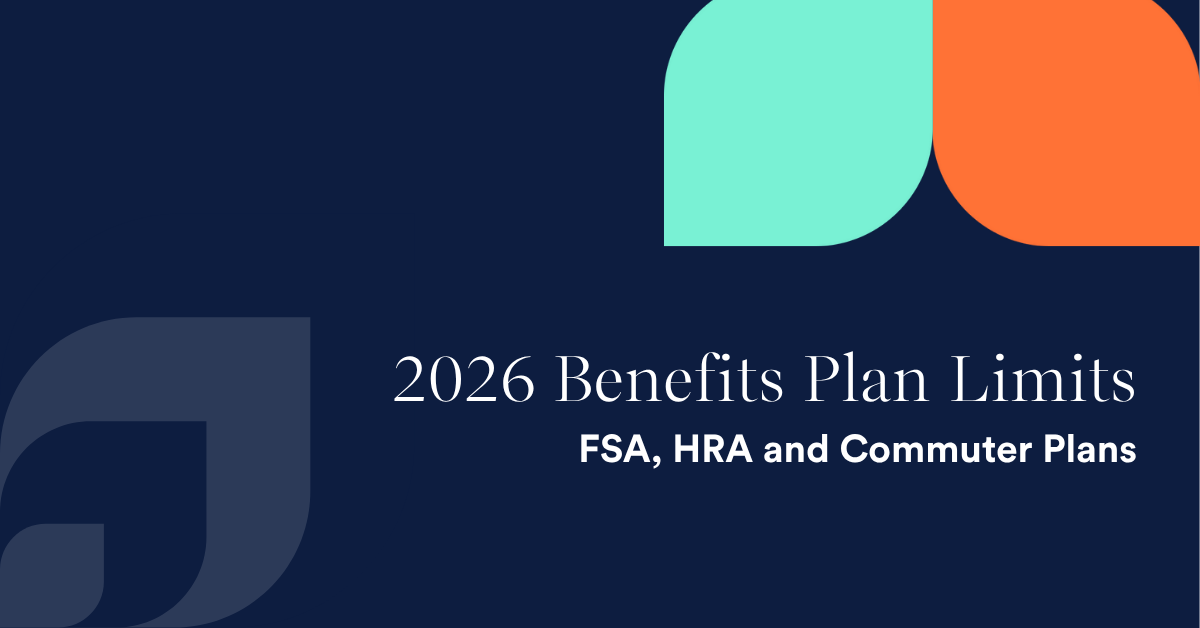Employee Benefits Provisions of the One Big Beautiful Bill Act
By Vita on July 7, 2025
.png)
On July 4, 2025, the One Big Beautiful Bill Act (OBBBA) was signed into law. The comprehensive legislation is 869 pages long, addressing many aspects of domestic policy including taxes, spending, defense, energy, and healthcare. The bill includes numerous provisions that may impact employee benefit programs. These provisions are summarized below.
HSA Enhancements
Of the many Health Savings Account (HSA) enhancement provisions in the original House bill, only three made it into the final bill.
|
Telehealth Coverage |
|
|
Bronze and Catastrophic Plans as HDHPs |
|
|
Direct Primary Care |
|
DCAP Limit Increased to $7,500
Dependent Care Assistance Plans (DCAPs), or Dependent Care FSAs as they are commonly known, were introduced to the tax code in 1981 with an annual limit of $5,000 for single filers and married couples filing jointly. Forty-four years have passed and, despite much lobbying to increase the now woefully low limit, it has not been increased until now.
|
Increased |
|
Student Loan Repayments
The $5,250 limit for educational assistance benefits has not been changed since §127 was added to the Code in 1978. The CARES Act expanded employer-sponsored educational assistance to include student loan repayments, however, it was set to expire in 2025.
|
Permanence and Indexed Limit |
|
Trump Accounts
A new type of tax-deferred account to benefit children was created. Initially referred to as Invest America accounts, these were rebranded as Trump Accounts.
|
General Provisions |
|
|
Employee Benefit |
|
Bicycle Commuting Benefit Repealed
|
Bicycle Commute Benefit |
|
Provisions that Didn’t Make the Final Bill
There was significant negotiation between the House and Senate in the passage of the OBBBA. In that process, several provisions relating to employee benefits were eliminated from the final version. As there was significant media coverage of these provisions, they are summarized below to clarify that these elements were omitted from the bill.
These provisions are not applicable to employers
|
FSA/HRA Rollover to HSA |
|
|
Other HSA Provisions |
|
|
ICHRA Enhancements |
|
- February 2026 (3)
- January 2026 (2)
- December 2025 (3)
- November 2025 (2)
- October 2025 (2)
- August 2025 (1)
- July 2025 (6)
- June 2025 (1)
- May 2025 (1)
- April 2025 (2)
- March 2025 (4)
- February 2025 (1)
- January 2025 (2)
- December 2024 (4)
- November 2024 (1)
- October 2024 (5)
- September 2024 (1)
- May 2024 (3)
- March 2024 (4)
- February 2024 (1)
- January 2024 (4)
- December 2023 (1)
- November 2023 (7)
- October 2023 (3)
- September 2023 (5)
- June 2023 (2)
- May 2023 (5)
- April 2023 (5)
- February 2023 (7)
- January 2023 (2)
- November 2022 (1)
- October 2022 (2)
- September 2022 (2)
- August 2022 (4)
- June 2022 (1)
- May 2022 (2)
- January 2022 (1)
- December 2021 (1)
- November 2021 (2)
- August 2021 (1)
- May 2021 (2)
- April 2021 (1)
- March 2021 (3)
- December 2020 (1)
- November 2020 (1)
- October 2020 (1)
- September 2020 (1)
- June 2020 (1)
- March 2020 (3)
Subscribe by email
You May Also Like
These Related Stories

2025 Employee Benefit Plan Limits
.png)
Taxation of State Family and Medical Leave Programs
